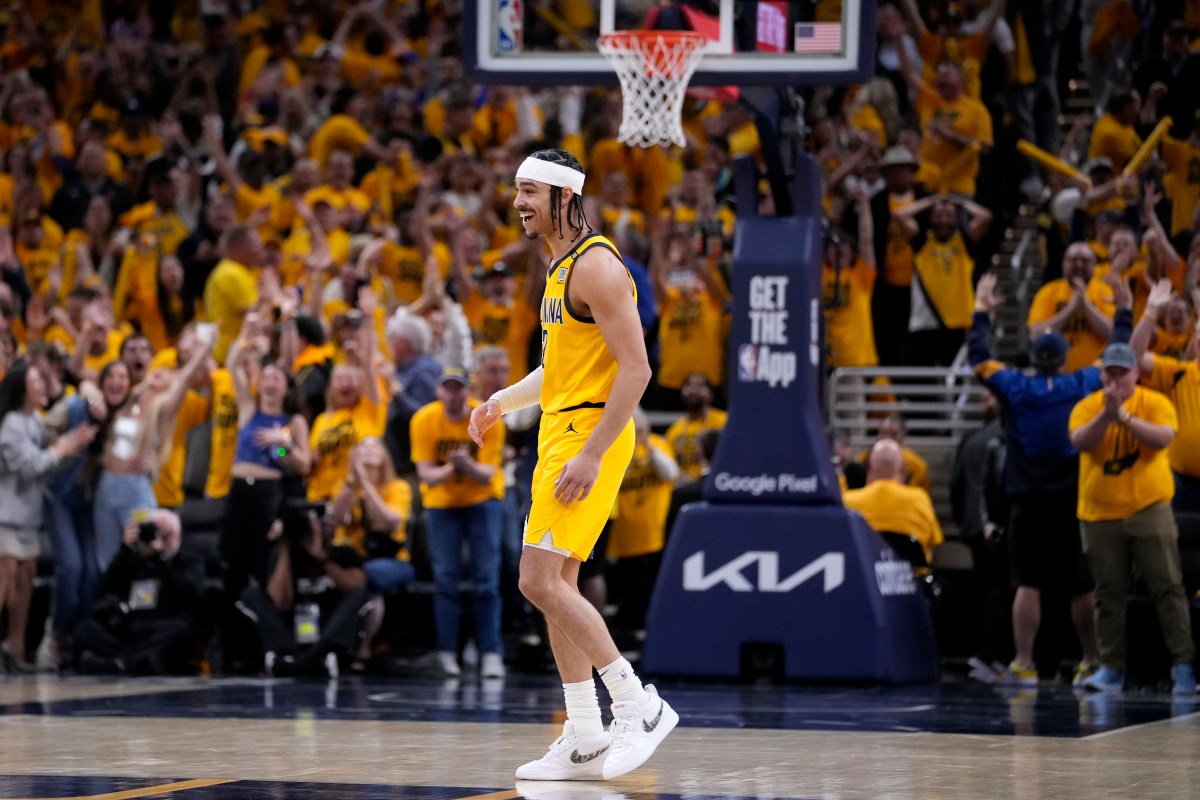Sports physiotherapists are like mechanics for the body, mending damaged areas and helping athletes prevent further injury.
Jill Tasker, owner/operator of Southend Physiotherapy in Halifax, sees a lot of casualties from the area’s athletes and joggers. Student athletes at the nearby Saint Mary’s and Dalhousie universities often wind up at her clinic to recover from surgery after a sporting mishap.
The runners that fill south-end sidewalks often limp into her clinic, especially in the spring, when a winter hiatus leads to overdoing it in April. Physiotherapy treatments can mend most damage, but a large part of her work is education. “It’s teaching them how to go back to the sport and how to make sure that they don’t reinjure themselves,” she says.
That means listening to your junior high gym teacher and stretching out properly before lacing up. It also means starting small and working your way to longer routines as your body advances. Proper footwear and running surface is important, too. She sends patients to the flat, soft surfaces of Point Pleasant Park rather than the undulating pavement of city streets.
Tasker points out that new marathon runners are actually among the least injured, as they tend to follow a carefully crafted program designed to increase their running ability. “They will get little injuries as they come along and with physio, we help to keep the injury under control by getting them to do extra stretching or strengthening.”
Shannon Estabrooks, who owns and operates Active Life Physiotherapy in New Glasgow, treats the runners and weekend warriors, too, but she also spends a lot of time in hockey rinks.
A common hockey injury is a sprain of the acromioclavicular joint, more commonly known as a separated shoulder. That can happen when a hockey player delivers a body check to the boards. She works with a junior A hockey team and is often on the bench during practices and games.
When a player is injured, she helps decide if he’s out for the game and then helps the recovery in the clinic. “We’d be able to ease them back into play,” she says. “Physiotherapists who have a diploma or certification in sports physiotherapy are also required to be first responders, like policemen or firemen.”
She does her hockey work as a volunteer, but many professional teams have a paid physiotherapist.



















